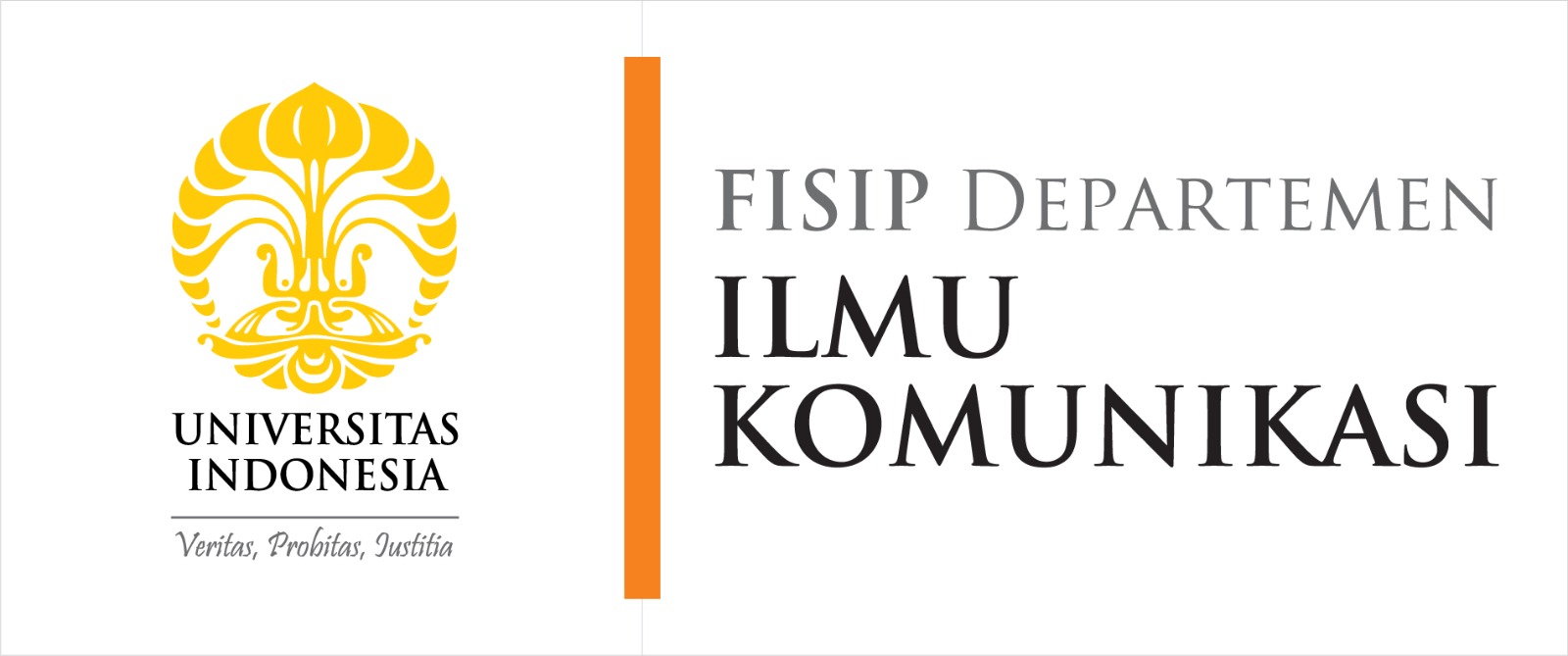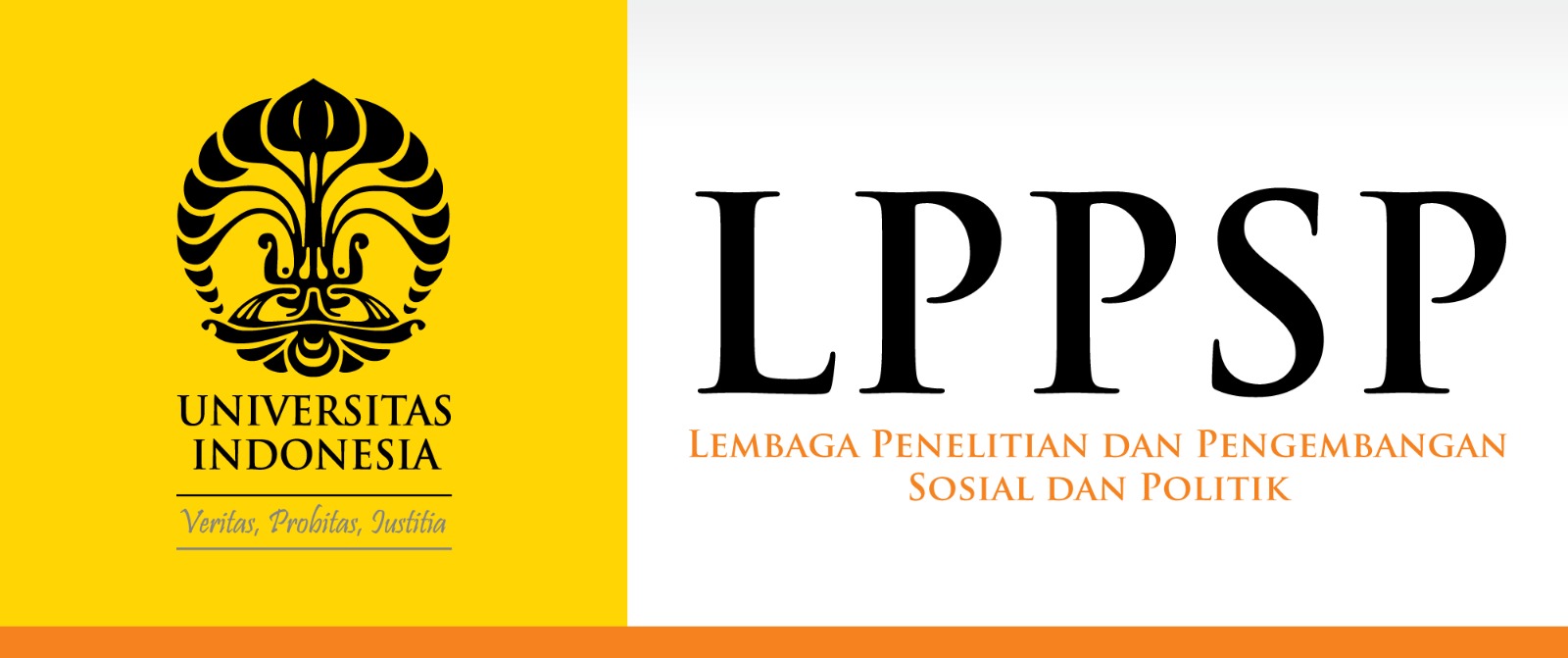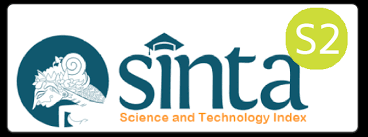Jurnal Komunikasi Indonesia
Abstract
This article deals with the intertwine between street art and the practice of democracy in post-Soeharto Indonesia. It attempts to investigate the role of street art in the contemporary political landscape of Indonesia, especially two decades after reformasi (reformation) movement. Reformasi, which was marked by the collapse of the New Order regime in 1998, regarded as a turning point in Indonesia's democracy after 32 years of authoritarian government. Street art took a crucial part of that historic moment as medium of protest. This study show cases Anti-Tank Project, one of the Yogyakarta’s street artists, posters with four prominent issues: human right, gentrification, rotten politician, and anti-corruption, which are pivotal issues in strengthening democracy agenda in Indonesia. I argue, Anti-Tank Project has a significant role on the production of new space of democracy through his works. This article investigates 12 Anti-Tank’s posters by employing Peircean semiotic perspective and analysis them through theoretical and conceptual approaches, namely democracy and participation, relational aesthetic, new social movement, and alternative media.
Recommended Citation
Minanto, Ali
(2024)
"Street Art and a New Space of Democracy in Post-Soeharto Indonesia: Reading Anti-Tank Project posters,"
Jurnal Komunikasi Indonesia: Vol. 13:
No.
1, Article 13.
Available at:
https://scholarhub.ui.ac.id/jkmi/vol13/iss1/13




